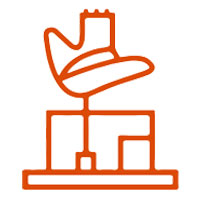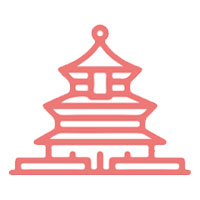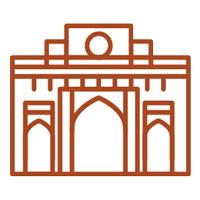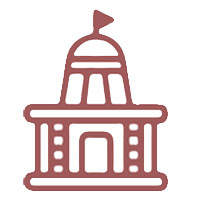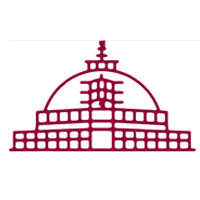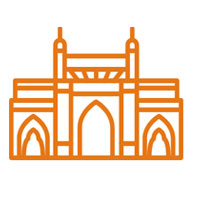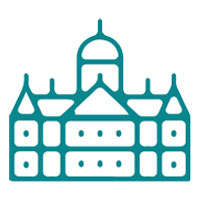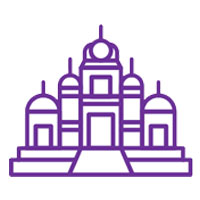The Government of India has launched numerous schemes aimed at improving the socio-economic condition of its citizens, ensuring inclusive development, and uplifting marginalized communities. These All Government Schemes are broadly categorized into sectors like agriculture, education, health, employment, housing, women empowerment, and digital governance. One of the flagship programs, Pradhan Mantri Awas Yojana (PMAY), provides affordable housing to the urban and rural poor. Mahatma Gandhi National Rural Employment Guarantee Act (MGNREGA) ensures 100 days of guaranteed wage employment in rural areas, improving livelihoods. Ayushman Bharat Yojana offers free health insurance coverage up to ₹5 lakhs per family per year, significantly helping low-income households. Pradhan Mantri Jan Dhan Yojana (PMJDY) has enabled financial inclusion by opening millions of bank accounts for the unbanked population.
For farmers, schemes like PM-KISAN provide direct income support, while e-NAM promotes a unified national market for agricultural commodities. In the education sector, Samagra Shiksha Abhiyan and Mid-Day Meal Scheme aim to improve school enrollment and nutrition. Start-Up India and Stand-Up India encourage entrepreneurship and innovation, particularly among youth, women, and SC/ST communities.
The government also focuses on digital empowerment through Digital India, aiming to transform India into a digitally empowered society and knowledge economy. Swachh Bharat Abhiyan has played a crucial role in improving sanitation and eliminating open defecation. Similarly, Beti Bachao Beti Padhao works to improve the status of girls through education and awareness.
These schemes collectively reflect the government’s commitment to a balanced and inclusive development model. They aim to bridge the gap between rural and urban areas, reduce poverty, empower citizens, and ensure a better quality of life for all. Awareness and accessibility of these schemes are key to maximizing their benefits at the grassroots level.







